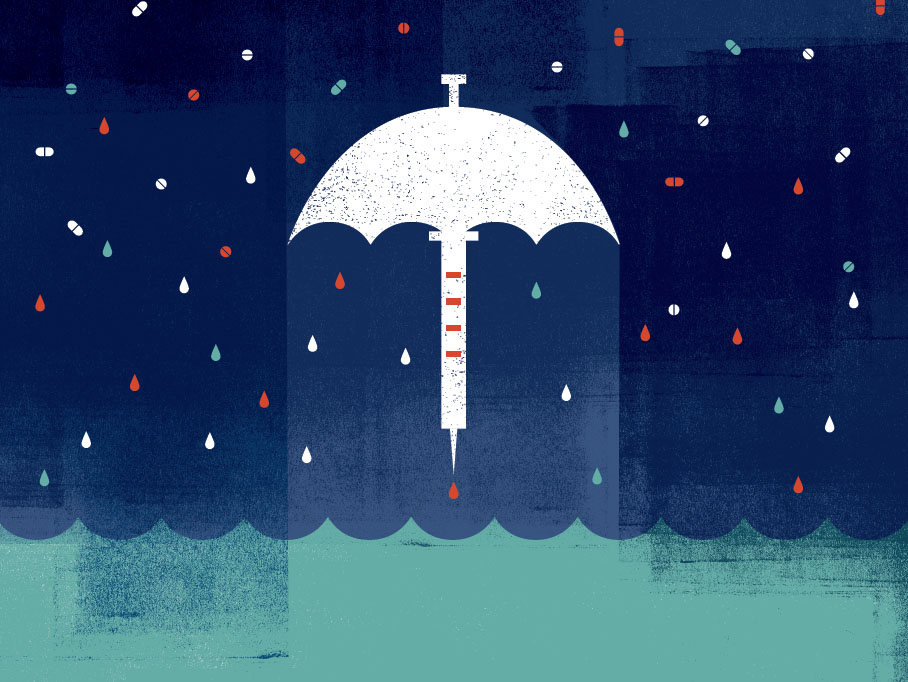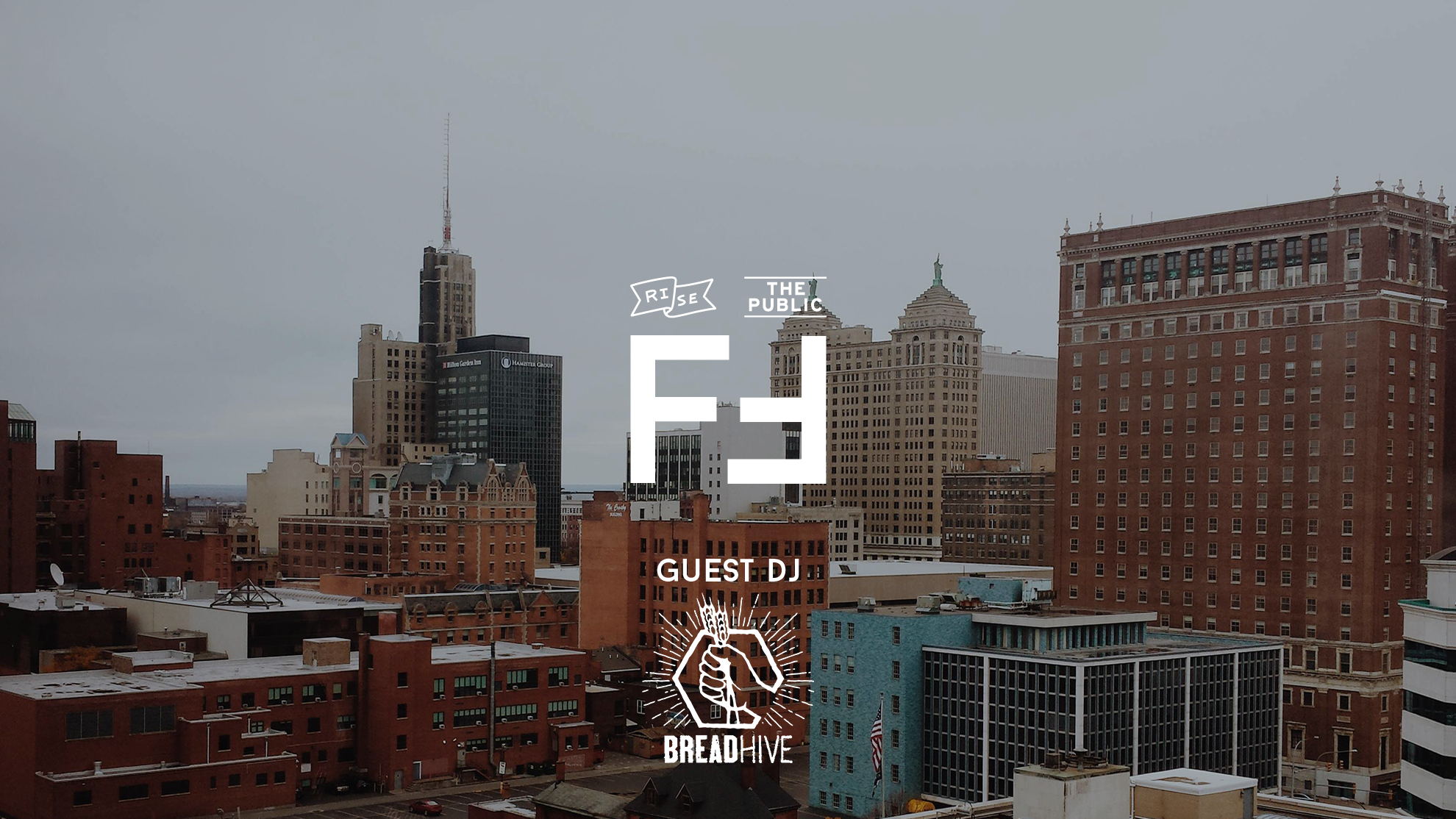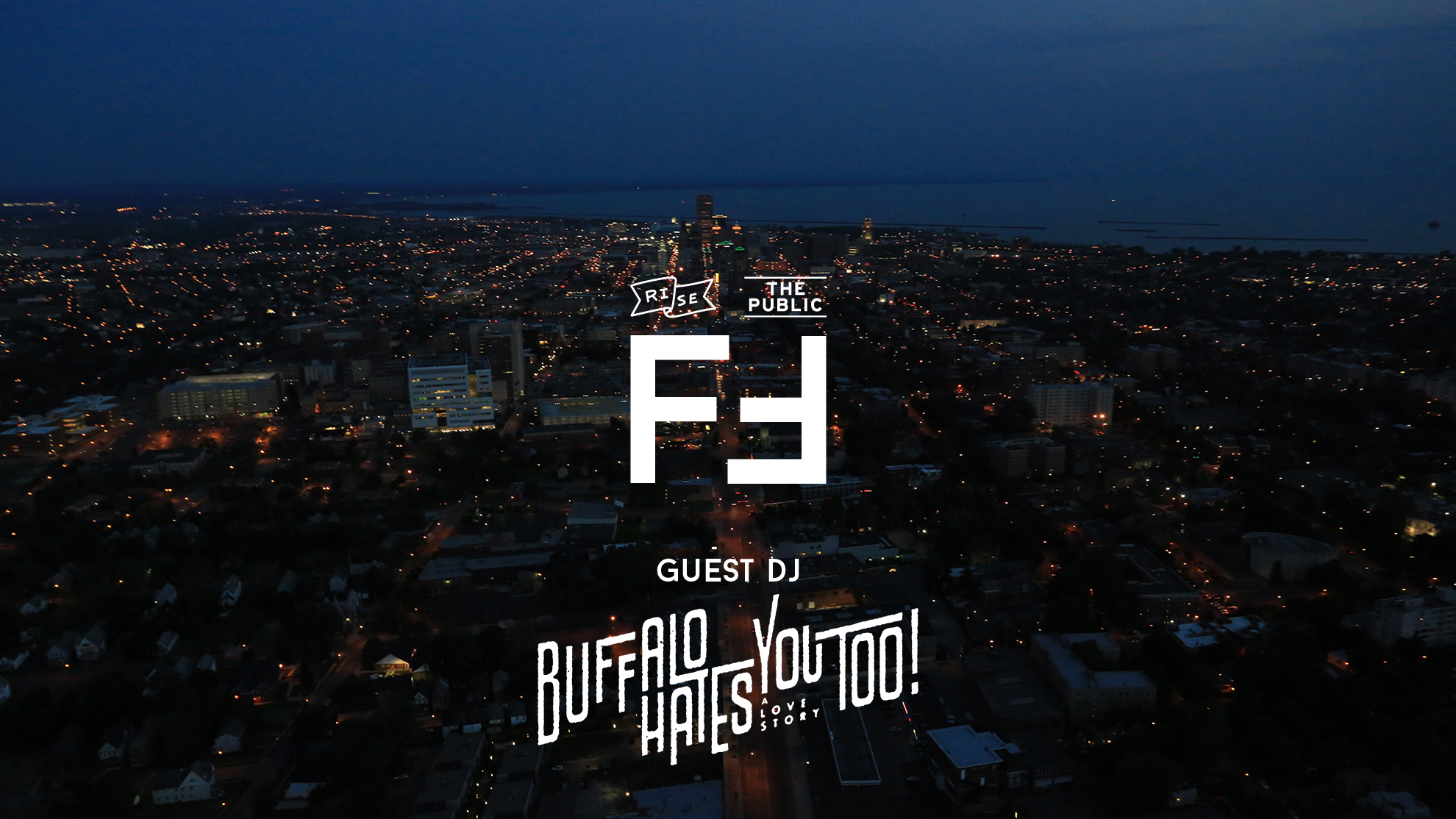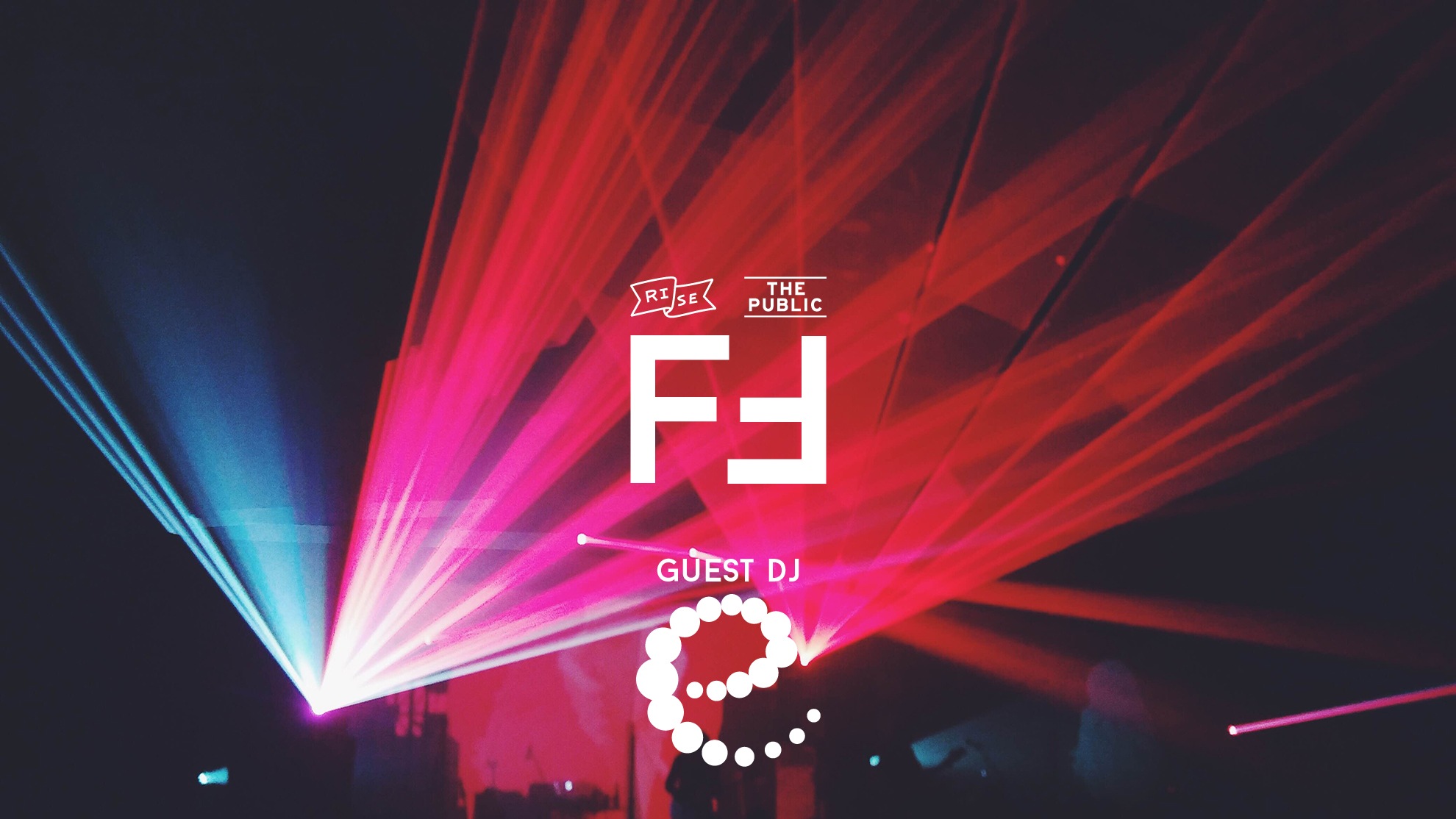Written by Kevin Heffernan and Bridget Schaefer / Design by Casey Kelly
Eric
Licensed Master Social Worker – Senior Counselor at Horizon Health Services
Everything can be taken from a man but one thing: the last of the human freedoms — to choose one’s attitude in any given set of circumstances, to choose one’s own way.
– Viktor E. Frankl
The psychiatrist Viktor Frankl wrote this in his 1946 memoir, Man’s Search for Meaning. I wrote these words on the whiteboard in my downtown Buffalo office, just above eye level where my clients can see it every time they sit down for a session. The layers speak not only to the clients that I serve, but also as a reminder to myself of what my duty truly is as their therapist.
When asked what I do for a living, the job title Chemical Dependency Counselor doesn’t seem like it fits the bill. It can sound as though I simply sit in my office and tell people the dangers of drugs and alcohol use. While my job involves explaining the negative effects of these substances, and ultimately helping people get sober, my responsibility to my clients is far more encompassing. I see my role as not just getting my clients off of drugs, but rather challenging them to consider new ways to live; that is, helping them envision a life that doesn’t necessitate drugs and alcohol to function and yet is still pleasurable and fulfilling. Successful recovery often first presents itself as an individual willing to look within and change aspects of one’s life that keep him or her tethered to a particular drug of choice.
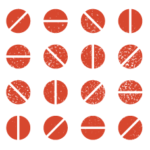
One of my initial goals is to help clients identify their values and discuss whether their current behavior is allowing them to connect with those things in life that are truly important to them. When actively using, people often aren’t able to participate in the life they really desire. Once drugs and alcohol are removed from the picture, the goal is then to re-engage clients with their values, encouraging them to lean into the uncomfortableness which comes along with navigating an unfamiliar path. Helping to identify barriers, as well as providing tools that clients can use to deal with challenges as they arise, can assist with the recovery process.
THE STIGMA OF ADDICTION IS WHAT OFTEN STANDS IN THE WAY OF RECOVERY.
The negative connotations of an addict (a label which I do not use in my treatment approach) can be internalized and create feelings of guilt and shame. Guilt and shame are powerful motivators that keep clients stuck in the cycle of addiction. When a urine toxicology comes up positive for drugs or alcohol, I try not to make my client feel worse about the lapse or display feelings of frustration. Treatment is about providing a safe atmosphere – I want to provide an environment that invites an open discussion about what happened so we can problem solve and move forward. Without this open communication, clients may feel isolated and unable to reach out for help.
In the midst of the opioid crisis in Western New York, I’m faced with a unique challenge: working with clients that are at a very high risk of overdose or death. While I am deeply concerned for all clients’ safety and well-being, it is those that abuse opioids and heroin that stay with me after I leave for the day and keep me up at night. The risks are so imminent that I fear that phone call from a client’s loved one or another health professional with the news that my client has relapsed, or worse, overdosed.
THAT BLINKING VOICEMAIL LIGHT ON MY WORK PHONE CAN BE ANXIETY PROVOKING – IS THIS GOOD OR BAD NEWS?
I see myself as a small, but crucial part in the fight within this opioid epidemic. The crisis needs to be met with a comprehensive approach – from diversified treatment options, to increased access to naloxone (the lifesaving medication used to block the effects of opioids), to more research on addiction and therapy. Increased and coordinated action from multiple disciplines is required if we want to curb the opioid problem. And it can begin with a client willing to sit in my office and start a dialogue. Helping an individual get to a place where they are able to find freedom from having to live with drugs or alcohol, to live his or her best self, is what keeps me in the fight against addiction.
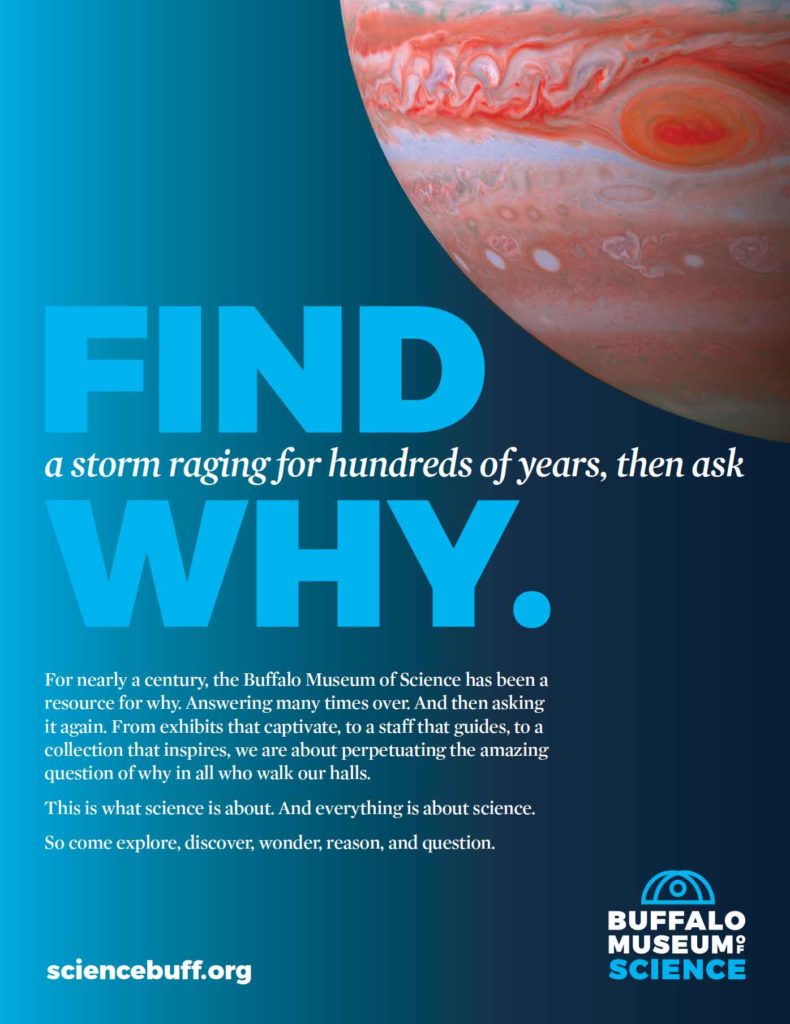
Jackie
In recovery, in school to become a substance abuse counselor.
I worked in a factory for several years. My arthritis was getting worse, and the work amplified it. My doctor prescribed me lortabs. I’d take one of those little pills in the morning and would feel great all day. When I stopped working full time, I lost my insurance and resorted to buying pills on the street. When my tolerance increased, a friend offered me methadone pills (which is like taking 30 lortabs). Those led me to fentanyl patches. I’d cut them up and chew or smoke them. This wasn’t just to get high, it was to maintain feeling normal.
A couple of years into my addiction, it was harder for people to get opiates from their doctors, resulting in less people selling their prescriptions. I had a hard time obtaining legal opiates, so I decided to smoke heroin to hold me over. I was surprised with the potency and how little it took to make me feel better. Heroin was cheaper and the effects lasted a lot longer. The euphoria was warm and incredibly relaxing… it erased everything that made me feel bad and forgot the heartbreak that I was plagued with for so long. I fell in love with heroin. It was always there and it never failed to do its job. Heroin’s embrace was cunning and powerful.
YOU KNOW WHAT IT’S LIKE WHEN YOU’RE IN A CAR AND IT’S POURING RAIN AND YOU DRIVE UNDER A BRIDGE— AND FOR JUST A MOMENT, EVERYTHING IS CALM… THEN YOU COME OUT THE OTHER SIDE, RIGHT INTO THE CHAOS? HEROIN WAS MY BRIDGE.
After a while, the drug stopped working for me. There were no more warm, tingly sensations. It no longer numbed my pain, it intensified it. By this point, I lost track of who I was and how I even got to that point. I was spending up to $200 a day on drugs, I had been in jail. I had a life before, a bachelor’s degree, a job…that was gone, I was not “me” anymore. I sold everything – my computer, guitars, my car, cashed in my 401K plan. I left those who loved me in the dust. Everything was pitch black and terrifying, I was barely existing. I believed that death was the only solution to be free from my addiction.
I attempted to overdose twice. The second time, I drank two glasses of vodka, took a bunch of xanax and bought 35 bags of heroin. My roommate found me and called 9-1-1. I don’t remember anything until waking up in the holding center that night thinking, “What am I doing back here?” Paramedics told me I should have been dead from the level of toxins in my body.
At this point you may be thinking, “Where is her family in all of this?” My mom was understanding. My first time in jail was for 76 days. It took me three days to write my mom a letter because I’d sob everytime the pen hit the paper. After finally sending it, I received a letter the next week saying, “What happened? You have a beautiful life. Why did you throw it away?”

Heroin could no longer function as a coping mechanism. I knew I could never get better alone, and killing myself never worked out, no matter how hard I tried. Exhausted by the junkie I had become, I turned to treatment, which was not an easy road. I ran from drug court. I went “bed to bed” or going from rehab to jail. Finally, I found stability in a 28 day rehab program and went to Casa Di Vita on Buffalo’s west side.
JUST AS I THOUGHT IT WAS OVER, I STARTED USING AGAIN. I HAD TO STOP THIS.
Horizon Health Center helped me for the next two months and then I went back to Casa Di Vita. They set me up with supported living and I finally felt a purpose. Their support has been amazing. I’ve been clean for just under two years. I wake up every morning smiling – thankful for God and my life.
Heroin stole my soul for a while. I think I’m a little lucky because I didn’t do it for more than a year and a half. I’m alive and I feel good. It’s weird… I’m almost always happy. I’m better than I was – even before I became a heroin addict. I still go to counseling and I’m studying to become a mental health and substance abuse counselor myself. At times, I even feel thankful for my journey. If it weren’t for my heroin addiction, I wouldn’t be the person I’ve become. It has opened my eyes and brought me closer to God and my family. I don’t recognize the person that I once was—it seems so long ago, yet I remember things so vividly that sometimes it feels like yesterday.
To those sick and suffering, it is possible to find freedom from your addiction. The “Warm Blanket” feeling of heroin is truly an illusion. Sooner or later, it will eat you alive and do all that it can to kill you. Help is out there. If I can get clean, so can anyone else.
FOR ANYONE WHO LOVES AN ADDICT, PLEASE DON’T TURN YOUR BACK ON THEM. LET THEM KNOW THEY ARE LOVED AND NEED HELP.
Addiction is a disease that changes us physiologically. Our brains are altered and will power is not enough to make someone quit. It’s very hard in early recovery and there are moments where people in recovery think about using, but recovery is worth all of the hard work.
People are overdosing and dying every day.
Our stories don’t have to end with jails, institutions, and death.
I wish that I could make it all stop.
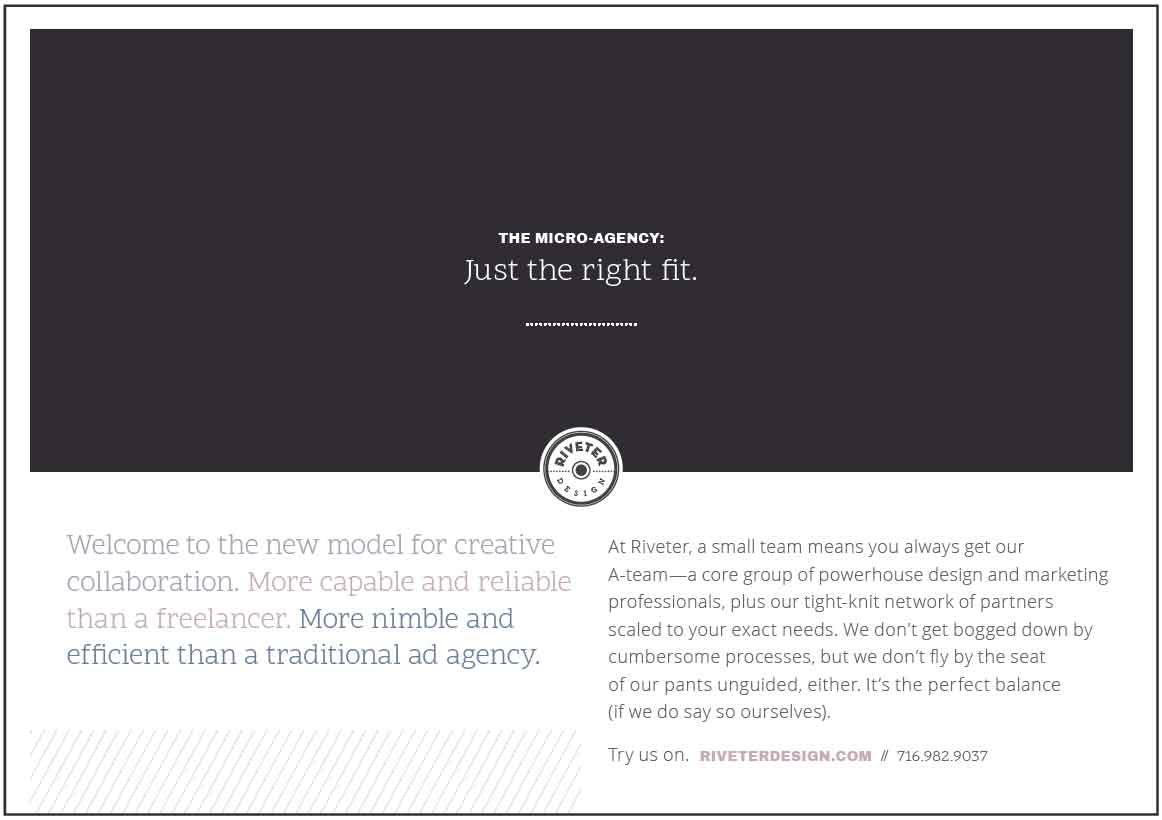
Colleen
Parent and Family Support Coordinator in the community for Horizon Health Services
From ages 7-14, my son Christopher underwent seven brain surgeries to treat neurofibromatosis. He was prescribed powerful narcotics after each surgery. At that time, I was never informed that people who are given narcotics at a young age increase their risk of addiction later by 33%.
Whether it’s a lortab for wisdom teeth, or a hydrocodone for a brain surgery, the short and long-term effects of narcotics are something parents should be better informed about.
Addiction is sometimes genetic, and I had seen signs of it in our family.
A switch was flipped in Christopher’s brain before he chose to experiment with anything. We got through that at a young age, but then sent him off to high school and college, full of peer pressure.
Sometime around age 17, his behavior started to change. Our fun-loving son was missing and had become withdrawn.
Chris would say he went 0-100 in 30 seconds with his friends. He got wrapped up in cough medicine, drinking and weed. He started and said he just could not stop. Kids can makes mistakes, but the mistakes today are at a higher cost than before.
When Chris’ behavior changed, we immediately thought it was the neurofibromatosis and took him to the doctor who would diagnose him with bipolar disorder before another would say it was schizophrenia, with different medications subscribed each time. During that time, Christopher overdosed on those medications twice and tried to commit suicide once.
Often as a parent, we’re so afraid of the consequences of our choices, we sometimes think it best to do nothing. We hope it will go away. In reality, if we do nothing, nothing will change.
In the beginning, I couldn’t understand this. I said, “Just stop this. Don’t you want better things in life than this? Come on!”
He did want those things, but he couldn’t get past the addiction. Christopher said he’d wake up first thing in the morning and think, “How do I get through this day without the drug? Who will I have to lie to, or hurt, because I can’t function without it.”
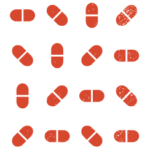
Stopping the drug – that’s the easy part. Everyone does it. Learning how to manage your disease of addiction for the rest of your life, to learn how not to turn back to it, is what takes years.
Someone in recovery can say, “I’ve got this,” but then they go out with their friends or to family parties and see people smoking and drinking and having a good time. Their brain starts firing and wanting the drug. If they can’t control that, they’ll be right back to where they were, every time.
After two years of looking for balanced approach in treating his medical issues and his addiction, we ended up at Horizon Health when he was 19, and the experience has been incredible. I took part in programs as a family member to learn more about his addiction.
You’re dealing with underdeveloped brains. Think about a middle aged person who suffers from alcoholism: They may have a home, a car, a family, a job. All of that at stake, and they still have a hard time quitting drinking. Now, take a teenager, or someone in their early 20s who has never owned a home, who is not providing for a family, maybe has a had a job or two. They don’t fully understand the consequences of relapse, but we’re still asking them to think rationally about their circumstances and their future.
If you met my son, you’d see he’s a normal kid with dreams and aspirations like any other. He’s handsome! He graduated college on the Dean’s List. He wants to be a psychologist. He’s now 27 and doing well. For 95% of the last 5 years, Christopher has been drug and alcohol free. He’s been great, but he hasn’t been perfect.
Everyone talks about “Recovery!” But this is a journey with ups and downs. We rarely hear about relapse, which is going to happen, and something you need to be ready for. Roughly 98% of people relapse in the first three months. Those in recovery and their families have to be strong throughout that journey, and realize that while this will affect that person for the rest of their lives, it doesn’t mean that they cannot be successful in that battle, in pursuing their dreams, so long as they have your support.


